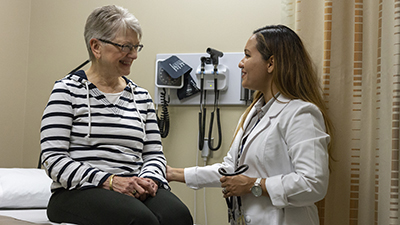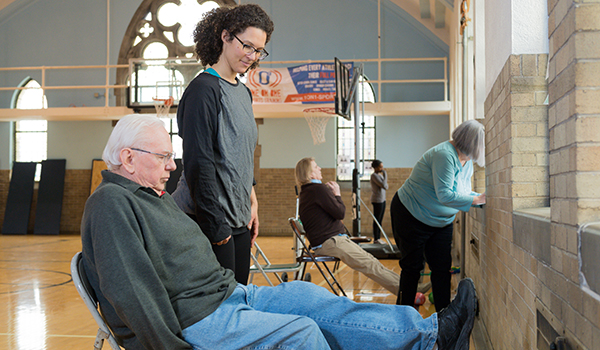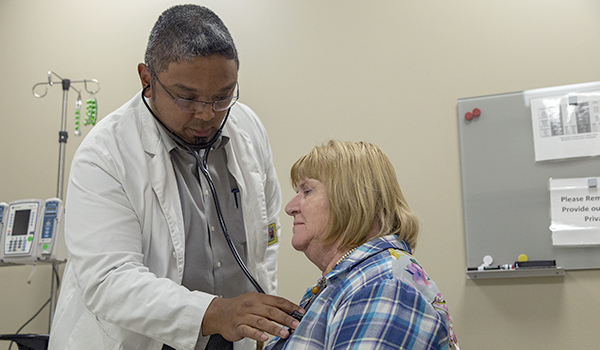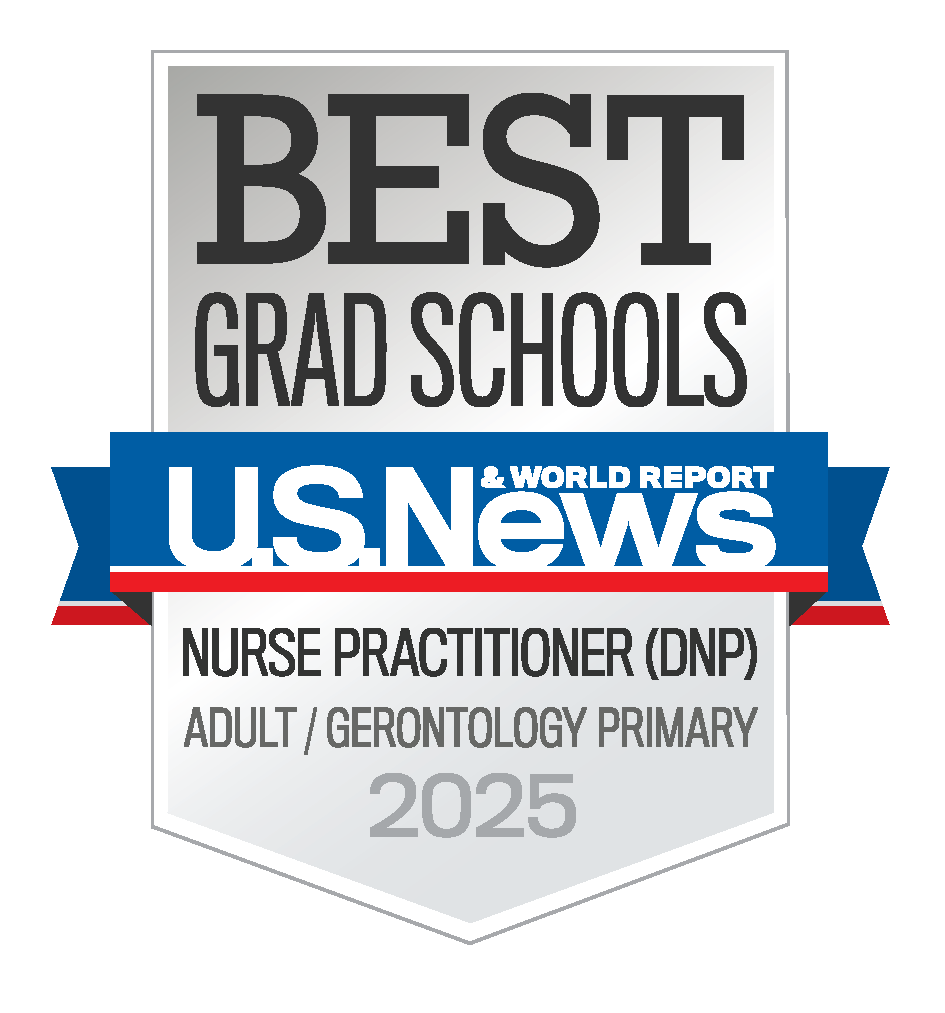Adult-Gerontology Primary Care Nurse Practitioner

Overview
With the looming shortage of physicians entering primary care and the emergence of the patient-centered medical home model, the demand for adult-gerontology nurse practitioners is greater than ever. As a graduate of the U-M School of Nursing’s Adult-Gerontology Primary Care Nurse Practitioner program, you will be in high demand and well-positioned to take advantage of top career opportunities in this specialty area.
The U-M School of Nursing is now offering online degree options for this program!
Is This Specialty Right for Me?
Spend a few minutes to hear directly from the U-M School of Nursing faculty member who leads our Adult-Gerontology Primary Care Nurse Practitioner program. It will help you better understand the factors to consider as you decide if this advanced practice specialty program is right for you.
What should I consider when applying?
What factors should I consider before applying? What are the advantages of studying at U-M? Gain valuable insight from a graduate and learn how this advanced practice specialty program can help you become a skilled leader delivering essential care for older adults.
Learning and Program Plans
The focus of the U-M School of Nursing’s Adult-Gerontology Primary Care Nurse Practitioner program is on cutting-edge, community-based care. You can choose from a variety of program plan options to suit your needs, including online and residential learning environments. Our online AGPCNP program option is designed to maintain our rigorous education provided with the U-M School of Nursing’s traditional residential format. The online AGPCNP program is designed by faculty, along with student input and consultation with national experts in online learning. Faculty are trained in highly effective and cutting-edge strategies for optimal learning and student engagement. Students admitted to the online AGPCNP program will be required to come to campus for three days per term. On-campus sessions will focus on areas that are essential to student success, including skill building and testing, formative learning experiences, summative assessments of student performance and progression throughout the program, access to expert seminar content and connections with faculty and peers. Visit our tuition information page for more information on online program costs.

Adult-Gerontology Primary Care Nurse Practitioner MSN
View 2-year plan (Digital Education)
View 3-year plan (Digital Education)









